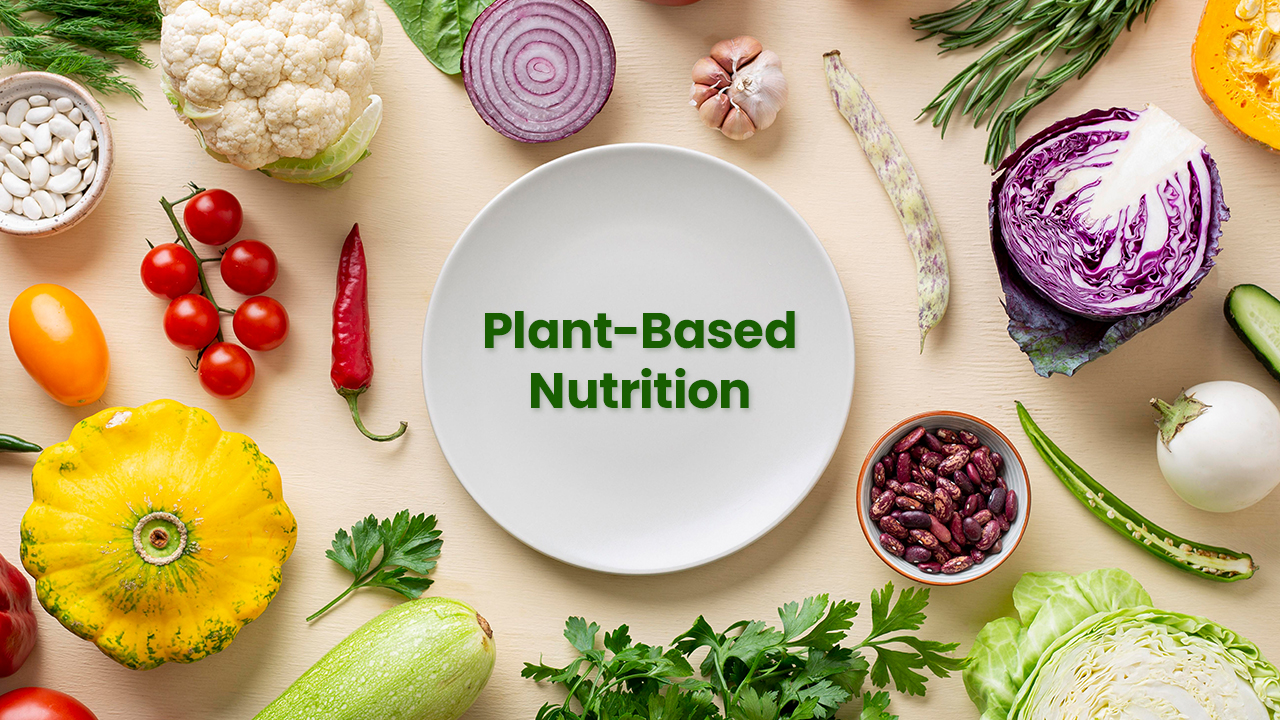
You may have noticed that in the recent times, there has been a significant surge in the adoption of vegan and plant-based diets. These dietary preferences are celebrated for their numerous merits, which encompass health benefits, sustainability, and ethical reasoning. However, as with any lifestyle shift, there are certain hurdles to overcome.
In this blog post, we will delve into the advantages and potential obstacles associated with vegan and plant-based diets. Furthermore, we will provide valuable insights on how to ensure an adequate intake of essential nutrients such as protein, iron, calcium, and more, enabling you to maintain a well-rounded and satisfying plant-based lifestyle.
Plant-based Diets:
Plant-based diets are gaining favor due to their health perks, ethical alignment, and eco-friendly nature. Rooted in plant-derived foods while minimizing or eliminating animal products, these diets promote health and reduce environmental impact. Embracing this shift means choosing wellness for oneself and a sustainable future for the planet.
Common Vegetarian Diets:
- Vegan Diet: Excludes all animal products, including meat, dairy, fish, eggs, and usually honey.
- Lacto-Vegetarian Diet: Excludes meat, fish, poultry, and eggs but includes dairy foods like milk, cheese, yoghurt, and butter.
- Lacto-Ovo Vegetarian Diet: Includes eggs and dairy products but excludes meat and fish.
- Ovo-Vegetarian Diet: Excludes meat, poultry, seafood, and dairy foods but can take eggs.
- Pesco-Vegetarian (Pescatarian) Diet: Includes fish, dairy, and eggs but excludes meat.
- Semi-Vegetarian (Flexitarian) Diet: Primarily vegetarian but occasionally including small quantities of meat, dairy, eggs, poultry, or fish.
Pros of a Plant-Based Diet:
- High Nutrient Density: Plant-based diets are rich in vitamins, minerals, and antioxidants found in fruits, vegetables, and whole grains, which promote overall health and reduce disease risk.
- Low in Saturated Fat: They naturally contain minimal saturated fats, reducing the risk of heart disease.
- Fiber-Rich: Plant-based diets are high in fiber, aiding digestion, promoting satiety, and regulating blood sugar levels.
- Low Cholesterol: Eliminating or reducing animal products lowers dietary cholesterol intake, benefiting heart health.
Cons of a Plant-Based Diet:
- Risk of Deficiencies: Careful planning is required to ensure adequate intake of Vitamin B12, Iron, Calcium, and Omega-3 Fatty Acids, as these nutrients are less abundant in plant-based foods.
- Potential for Processed Foods: Some plant-based alternatives are heavily processed and may be high in sugar, sodium, or unhealthy fats.
- Caloric Density: Plant-based diets can be calorically dense due to nuts, seeds, and oils, potentially leading to weight gain if portion control is not maintained.
- Nutrient Variability: The nutrient content of plant foods can vary, so it’s important to diversify food choices to obtain a full range of nutrients.
Macro – Micronutrients:
Plant-based diets, especially vegan ones that exclude all animal products, raise valid concerns about nutritional adequacy. Plant foods often contain less absorbable micronutrients like Iron, Vitamin A, and Zinc compared to animal products. However, a well-rounded vegan diet with diverse plant foods can still provide recommended levels of these essential micronutrients.
Here are some important nutrient food sources in vegan and plant-based diets:
- Protein: Plant-based sources such as legumes, tofu, and nuts can provide ample protein, and a well-balanced vegan diet can meet protein requirements.
- Iron: Leafy greens like spinach and iron-fortified cereals are essential sources of plant-based iron, which should be consumed with Vitamin C-rich foods for optimal absorption.
- Calcium: Fortified plant-based milk and calcium-set tofu are key sources of calcium, crucial for maintaining bone health in vegan and plant-based diets.
- Vitamin A (beta-carotene): Beta-carotene-rich vegetables like sweet potatoes contribute to Vitamin A intake, essential for vision and immune function in these diets.
- Zinc: Foods like legumes and nuts are vital Zinc sources in plant-based diets, supporting immune function and overall health when included in regular meals.
In conclusion, plant-based diets offer numerous health and environmental benefits. However, it’s crucial to pay attention to your nutrient intake. Diversify your plant-based foods to maintain good health and effectively prevent or manage diseases. If you opt for a vegan lifestyle, thoughtful meal planning becomes essential to ensure you’re meeting your micronutrient needs.
We hope this article helps you. For further information or guidance, reach out to our certified experts by subscribing to GOQii’s Personalised Health Coaching here.




Leave a Reply